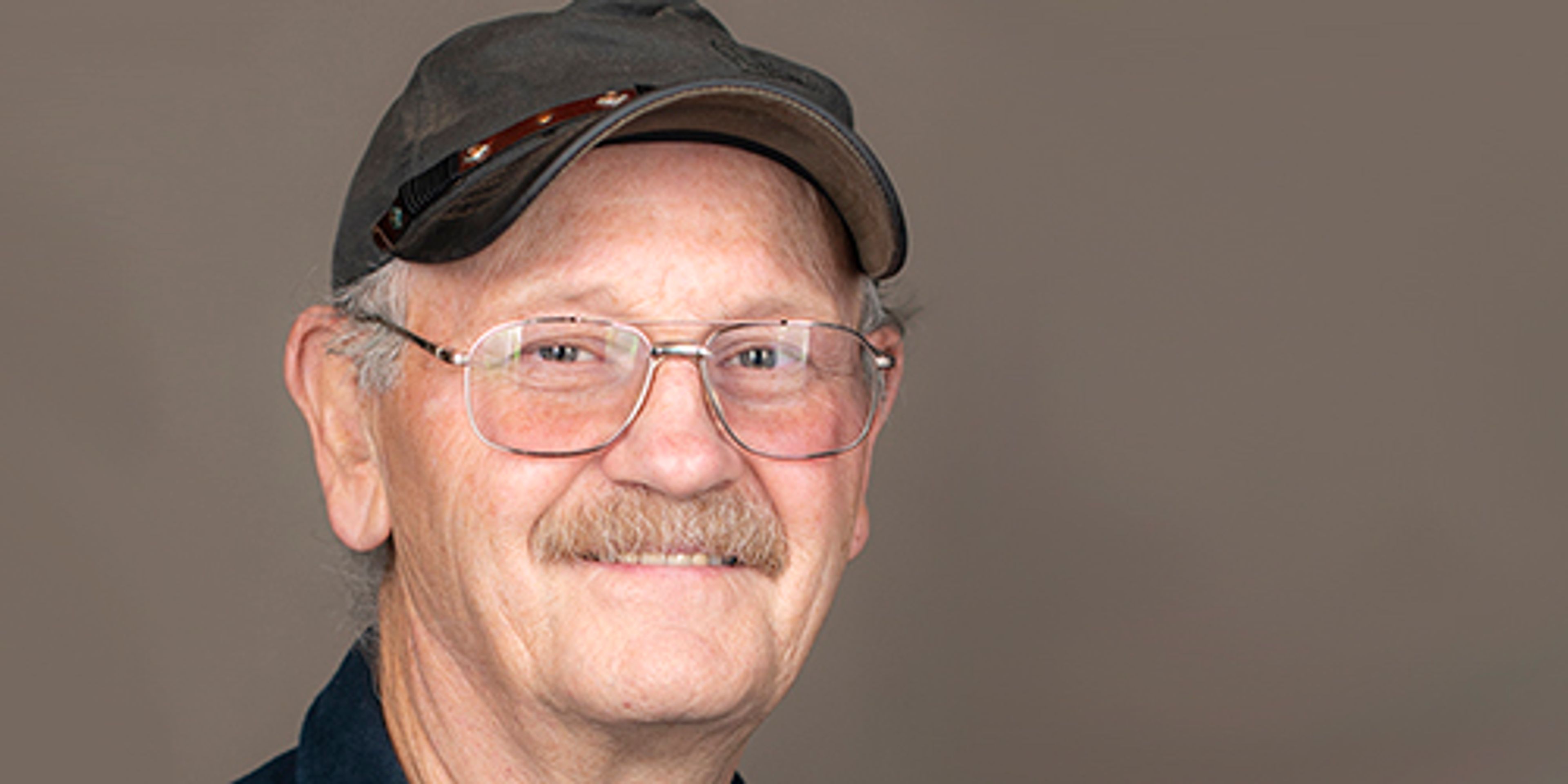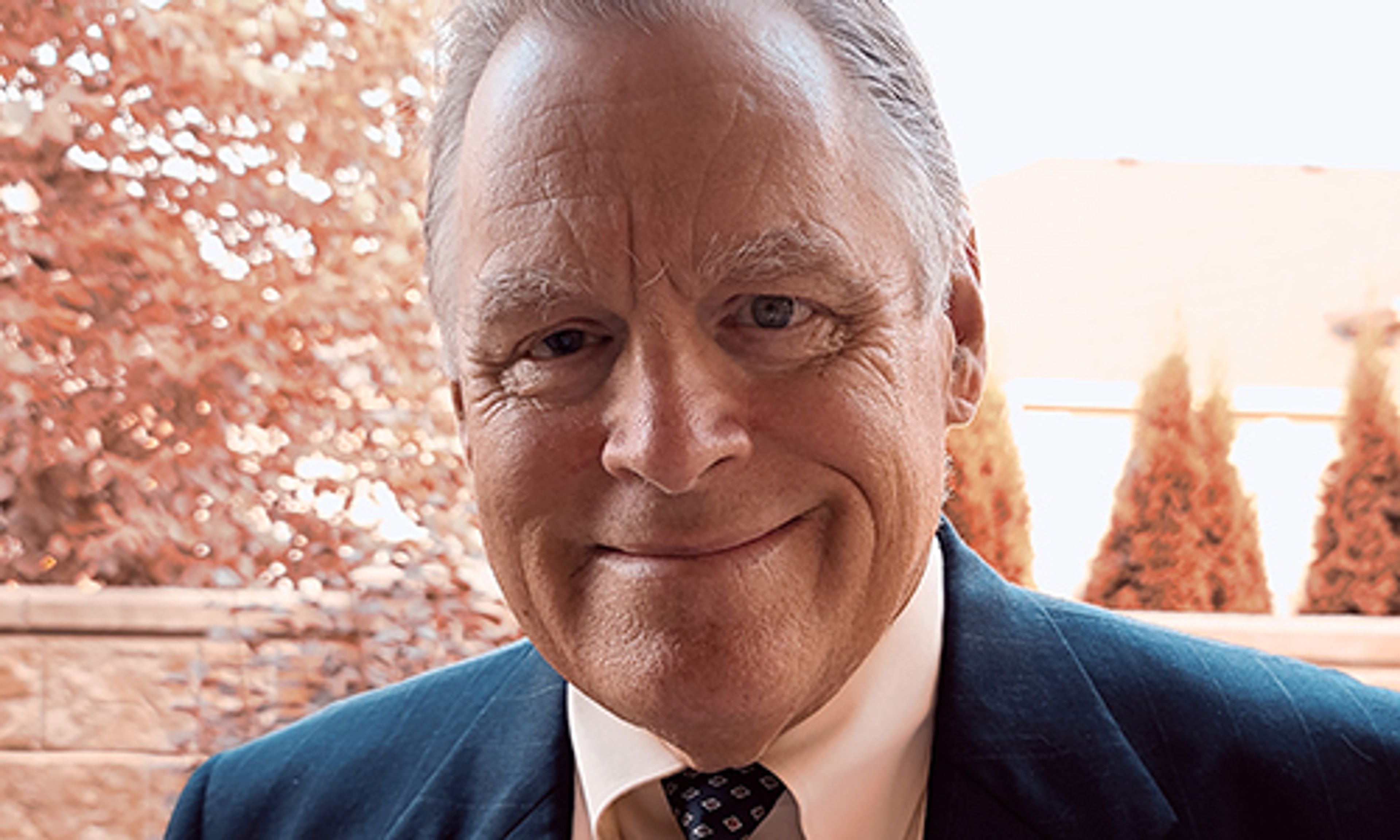Vice President Dan Quayle complains that critics are judging Supreme Court nominee Clarence Thomas against a standard of ''racially correct thinking,'' as if President Bush didn't nominate him according to the same standard. They only differ on which thinking is correct. Bush wasn't about to nominate someone who supports the affirmative action programs for racial minorities and women that he opposes, despite his fib that philosophy had nothing to do with his search for a successor to Justice Thurgood Marshall. So he found a black candidate who shares that opposition, and he nominated him.
Neither Bush nor Quayle should be surprised then that people who share Marshall's belief in helping correct past and present imbalances in job opportunities would criticize the appointment.
That's politics.
It's the same kind of politics that led conservatives to criticize past nominations by Democratic presidents, including Lyndon Johnson's blocked appointment of Abe Fortas.
Quayle told a New Hampshire audience some people criticize Thomas' nomination ''without even looking at his credentials, his character and his experience in life.'' And that may be true, of a few more extreme idealogues.
But Bush didn't confine his choice of a nominee to consideration of credentials, character and experience. And neither should the senators who must vote whether to confirm him to the court.
Judicial philosophy played a big part in Bush's decision, and it should play a big part in the Senate's advice and consent regarding that decision as well.
As a former senator, Quayle should expect no less from the chamber over which he now presides. J.F.





